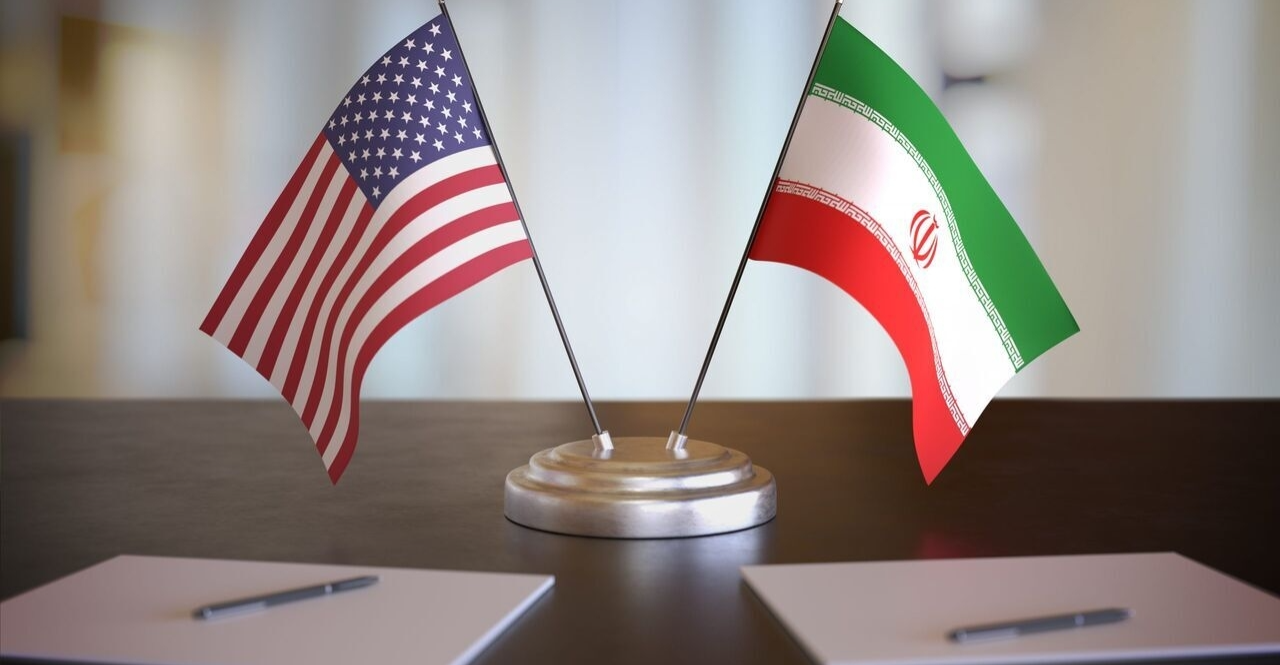Shafaq News/ Hopes for a breakthrough in the ongoing nuclear talks between Iran
and the United States appear to be fading, as momentum from earlier rounds has
cooled and the latest session ended with only modest progress. While some
diplomats speak of cautious optimism, Iranian officials and analysts are
expressing growing frustration, pointing to what they see as Washington’s
increasingly rigid demands.
The fifth
round of indirect negotiations, hosted by Oman at its embassy in Rome, wrapped
up on Friday. Iranian Foreign Minister Abbas Araghchi described the meeting as
“the most professional,” highlighting a “clearer understanding from the
American side of the Iranian position.” Oman’s Foreign Minister, Badr al-Busaidi,
acknowledged progress, though he stopped short of calling it decisive. A date
for the next round has yet to be announced.
These
Muscat-based talks—conducted through intermediaries—have emerged as one of the
last surviving diplomatic backchannels between Tehran and Washington. Their
importance has only grown since the collapse of the 2015 Joint Comprehensive
Plan of Action (JCPOA), the landmark agreement that once placed strict limits
on Iran’s nuclear activity. That deal, signed under President Barack Obama,
imposed a cap of 3.67% on uranium enrichment and limited Iran’s stockpile to
300 kilograms. But following the US withdrawal under President Donald Trump in
2018, Iran has ramped up its enrichment levels to 60%—dangerously close to
weapons-grade.
Fading Hope
Inside
Iran, there is a growing sense that the talks are drifting off course. Saeed
Sharoudi, a Tehran-based expert on Iranian affairs, noted a clear shift in the
mood of Iran’s negotiating team. “The enthusiasm we saw in the early rounds has
worn off,” Sharoudi explained to Shafaq News, adding that the team feels
Washington’s stance contradicts earlier claims of readiness for a fair deal
that would lift sanctions.
That
shift, according to Sharoudi, is rooted in Washington’s continued imposition of
new sanctions during the negotiations. “The United States, it seems, wants a
one-sided agreement,” he remarked, where Iran halts its nuclear activity while
sanctions remain untouched.
More than
1,500 US sanctions have been reimposed on Iran since 2018, targeting banking,
shipping, and the energy sector. The pressure caused Iran’s economy to contract
sharply, shrinking by over 6% immediately after the US exit from the JCPOA.
Although there was some recovery in 2023 due to deepening trade ties with China
and Russia, Iran’s access to global financial markets remains limited, fueling
domestic discontent.
Sharoudi
added that Washington’s position appears aimed at dismantling Iran’s nuclear
ambitions altogether. “The demand to reduce uranium enrichment to zero is
something Tehran cannot agree to,” he explained. For Iran, such a step would
incapacitate its nuclear infrastructure. “Without enriched uranium, the
facilities would effectively shut down,” he said, warning that the consequences
would be far-reaching.
There is
growing skepticism within the Iranian political class that the US genuinely
wants a solution. “Iran is beginning to understand that the US is not genuinely
seeking a solution to the nuclear file,” Sharoudi observed. Instead, he
believes Washington’s promises to lift sanctions and welcome Western companies
mask deeper intentions to undermine the entire program.
Race Against Time
Across
the Atlantic, time is shaping up to be a critical factor, especially for the
White House. Haitham al-Hiti, Professor of Political Science at the University
of Exeter in the UK, believes the clock is ticking more loudly in Washington
than in Tehran. “The timing will settle everything,” he remarked to Shafaq News,
noting that the US administration is working on a faster timeline than Iran’s.
For
President Donald Trump, speed is of the essence. “Trump does not want two years
of his administration to pass without resolving these issues,” al-Hiti said,
pointing to the pressure of looming elections. “Failure to reach a deal could
weaken Trump in Congress and limit his ability to make major decisions,” he
added. “He’s unlikely to let a full year go by without taking decisive steps.”
With
Republicans currently holding the House and Democrats maintaining a narrow edge
in the Senate, the midterm elections in November 2026 could dramatically shift
power dynamics. Trump, who returned to office in January 2025, has made a new
Iran deal one of his foreign policy priorities—but divisions within his
administration over how far to go remain unresolved.
That
sense of urgency, al-Hiti noted, is something Tehran is trying to exploit. “The
Iranians are playing on this matter,” he said. “They give promises, delay
responses, and try to stretch the talks over two years, hoping the Democrats will
return to Congress and the Senate, weakening Trump’s hand.”
Two rounds left?
Aqil
Abbas, an expert in US political affairs, pointed to a narrowing window for
action. “Trump spoke of a negotiation ceiling of about two months,” Abbas
mentioned in comments to Shafaq News. “I believe there may be only two sessions
remaining before a decision must be made.”
Abbas
contrasted this approach with past strategies. “Trump and the Europeans want to
avoid the drawn-out process of previous talks, which lasted nearly a year and a
half without results,” he explained. Europe appears aligned with Trump’s push
for a faster resolution. A recent EU statement urged an “urgent restoration of
full JCPOA compliance” while recognizing that “adaptations may be required in
light of new realities.”
The US
president, Abbas noted, is seeking to secure a result quickly, leaving time to
measure its effectiveness. “An agreement is expected. What remains is the form
in which it will be presented.”
Concessions on the table
While
both sides remain tight-lipped about specifics, Abbas predicted that any deal
will likely depend on Iranian compromises, especially on uranium enrichment.
“The agreement will likely involve major Iranian concessions on enrichment,” he
assessed. In exchange, the US may offer broad economic relief—possibly a full
lifting of sanctions.
He
emphasized the stakes: both sides, he believes, are trying to avoid conflict.
“The most important thing is that both sides steer clear of military options or
war. And that is a positive outcome.”
